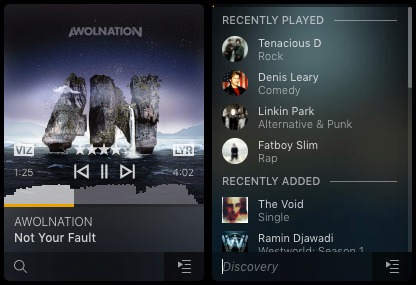


While the government of India is pushing Aadhaar linkage to every possible service, the lack of data protection laws will hurt Indian citizens. There have been countless leaks, security incidents, and instances where private Aadhaar data has been published online.” “Recently, a private citizen was able to buy access to all of the demographic data in the Aadhaar database for just 500 rupees. The letter further says strong policies are needed for protecting an individual’s digital privacy. Digital identity can bring many benefits, but it can also become a surveillance and privacy disaster.” It is particularly important today as Aadhaar is being driven deeper into all aspects of life. “Data protection is a critical tool for guaranteeing fundamental rights of privacy. Mozilla’s Executive Chairwoman Mitchell Baker wrote an open letter to Justice Srikrishna and the Members of the Ministry of Electronics and Information Technology Committee of Experts to convey the company’s concern.

Mozilla, the organization behind the Firefox browser is arguing that Aadhaar has the potential to become a privacy disaster.

That’s why many citizens and privacy organizations are concerned about the security risks associated with such a system, and Mozilla is the latest company to join the fray. With Indian governments push to connect every other service including banking and finances, tax services, and mobile numbers to a person’s Aadhaar ID, the program basically turns into a single point of failure. Since Indian Government launched Aadhaar, many privacy organizations in the world are concerned about the digital security of Indian citizens, and rightly so. No wonder Facebook’s among the top most hated companies in the US. While the company might believe that the new tech could be beneficial for the community at large, it is, more or less, a modern approach to the class system which leads to segregation and discrimination. It takes into account house ownership, the user’s city, the number of connected devices owned, and the user’s highest education level to determine the user’s class. The system will also take into account global information from market research questionnaires to train the classifier on attributes that are generally associated with different socioeconomic classes.Īs you can in the attached figure, the algorithm begins by identifying a user’s age, creating a benchmark for other relevant data points to determine the user’s class. The patent specifies a number of datasets that will be considered to determine class. However, the approach seems to be a little flawed as Facebook will classify a user who has only one gadget and doesn’t use the internet often as poor, which might not necessarily be true.įacebook’s patent application explains that the algorithm is intended for third parties who will use it to “increase awareness about products or services to online system users.” The patent clearly suggests that the company wants to add class as a factor to its advertising model, allowing advertisers to target individuals from a specific social class. Quite like the Black Mirror episode, the patented tech makes use of a user’s home ownership status, education, number of gadgets owned, and how much they use the internet, among other factors, to ascertain their social class. The technology, detailed in the patent titled “Socioeconomic Group Classification Based on User Features”, makes use of different data sources and qualifiers to categorize users under ‘working class’, ‘middle class’, or ‘upper class’. In what seems like a recreation of the Black Mirror episode ‘Nosedive’, Facebook has patented a technology which is able to determine a person’s social class.


 0 kommentar(er)
0 kommentar(er)
